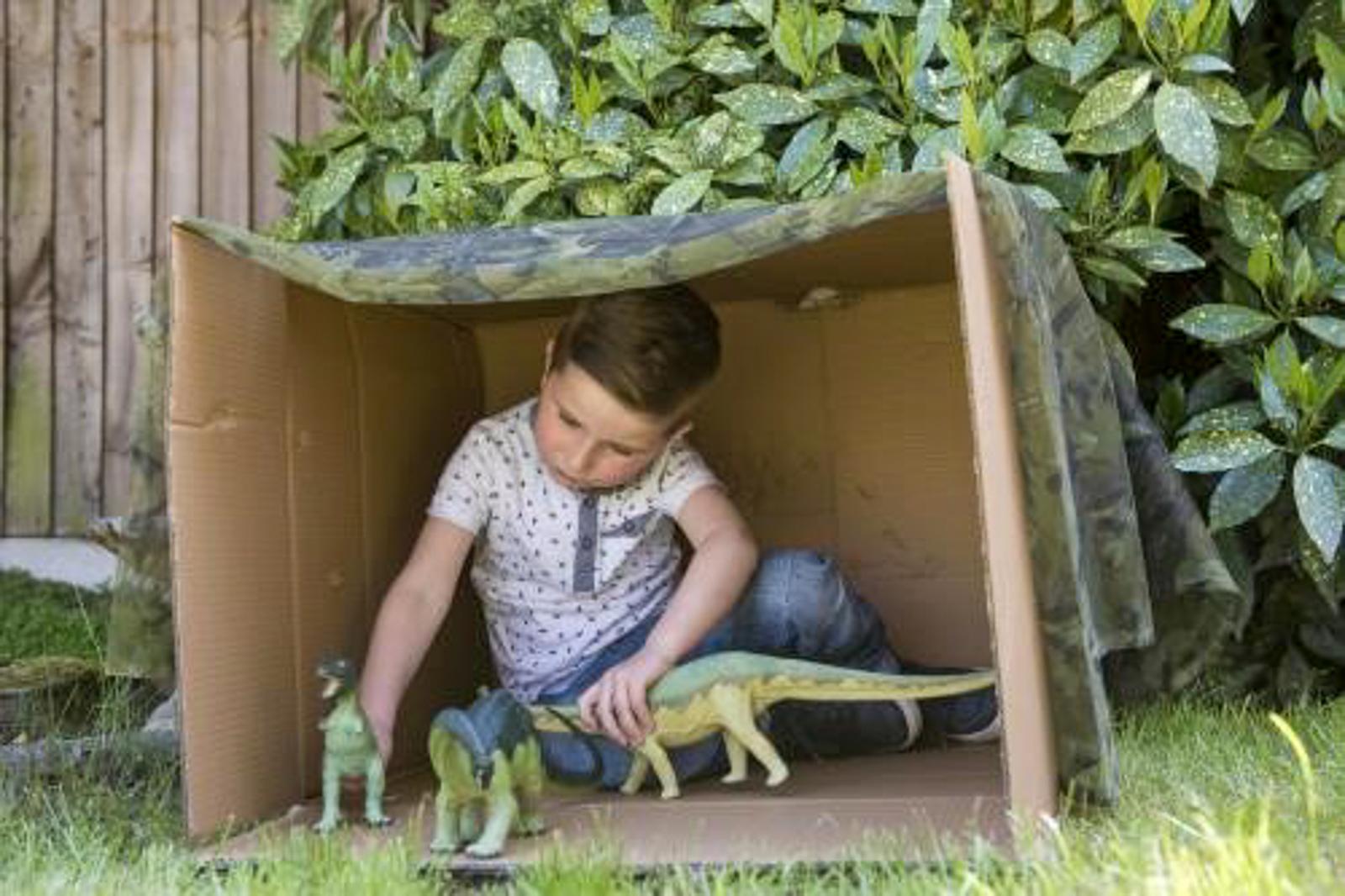The Early Years Foundation Stage
The Early Years Foundation Stage (EYFS) sets the standards that all early years providers must meet to ensure that children learn and develop well and are kept healthy and safe. Department for Education, 2024. View Document
There are four themes within the EYFS
A Unique Child
Every child is a unique child, who is constantly learning and can be resilient, capable, confident and self assured
Positive Relationships
Children learn to be strong and independent, through positive relationships.
Enabling Environments
Children learn and develop well in enabling environments .in which their experiences respond to their individual needs and there is strong partnership between parent/ carers and practitioners.
Learning and Development
Children develop and learn in different ways. The framework covers the education and care of all children in the early years provision. Including children with special educational needs and disabilities.
Staff at the pre-school work within the guidelines laid down within the EYFS, to support their key children, and all the settings children in their learning and development.
The characteristics of Effective Learning and the prime and specific areas of Learning and Development are all interconnected
• The three Prime areas are fundamental, work together, and are moved through to support development in all areas.
• Personal, Social and Emotional Development
• Communication and Language
• Physical Development
• The four Specific areas include essential skills and knowledge for children to participate successfully in society.
• Literacy
• Mathematics
• Understanding the World
• Expressive Arts and design
For more information and to view the Early Years Foundation Stage document, click here
Communication Trust have developed a series of booklets for anyone who works with children and young people, called ‘ Universally Speaking – ages and stages of children’s communication development’ The booklets show where children should be with their communication skills at any given age. Please click here to download.




